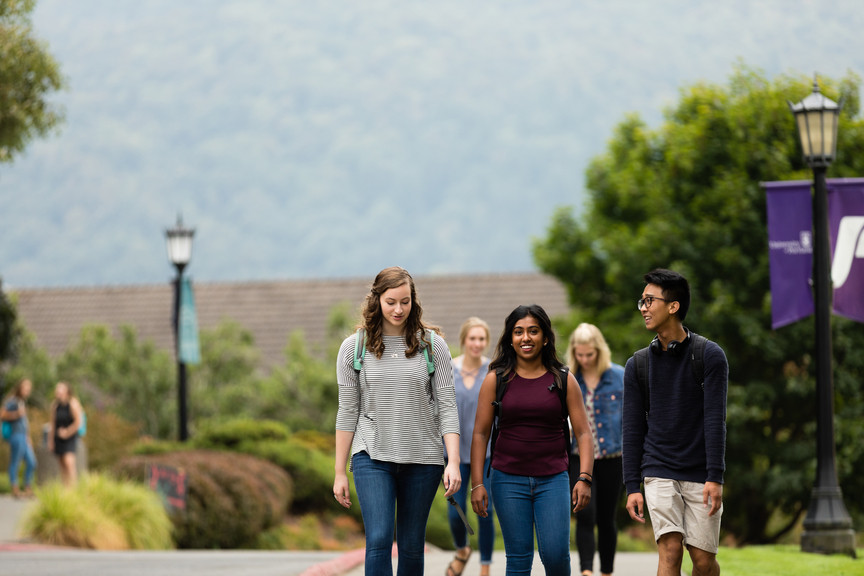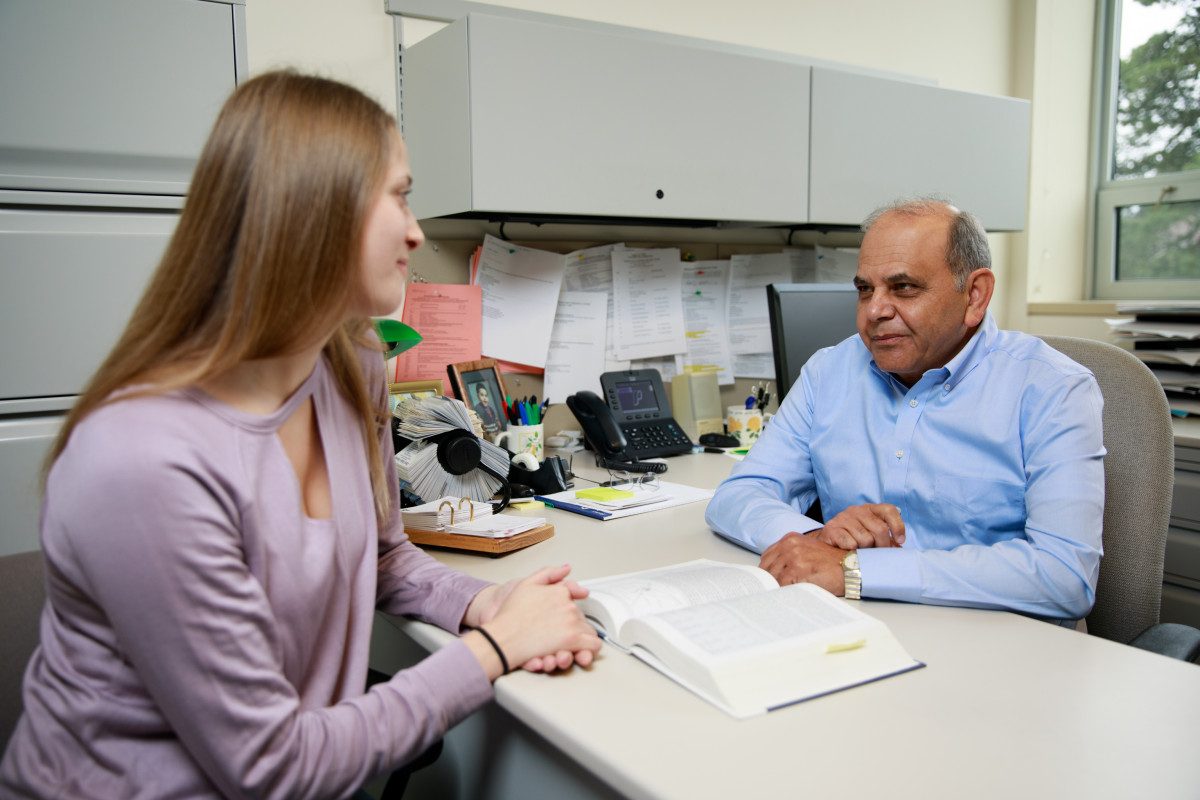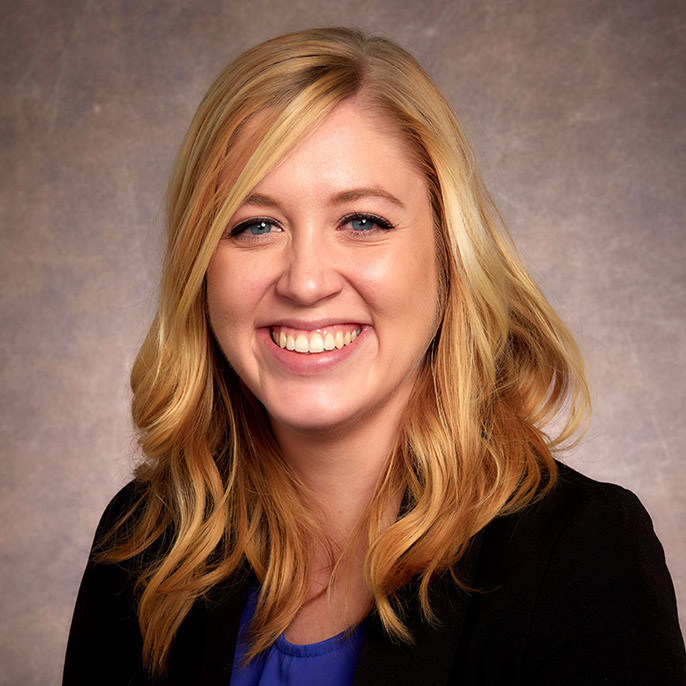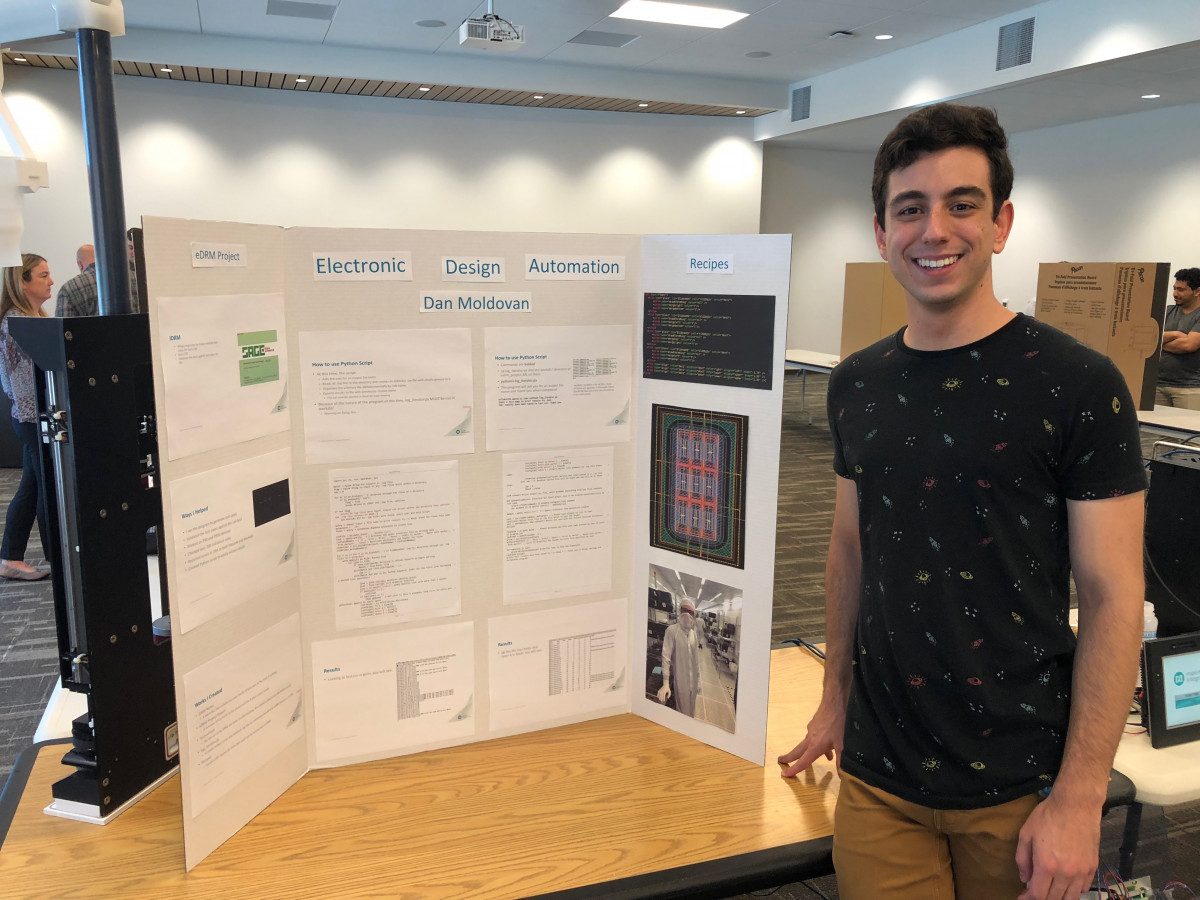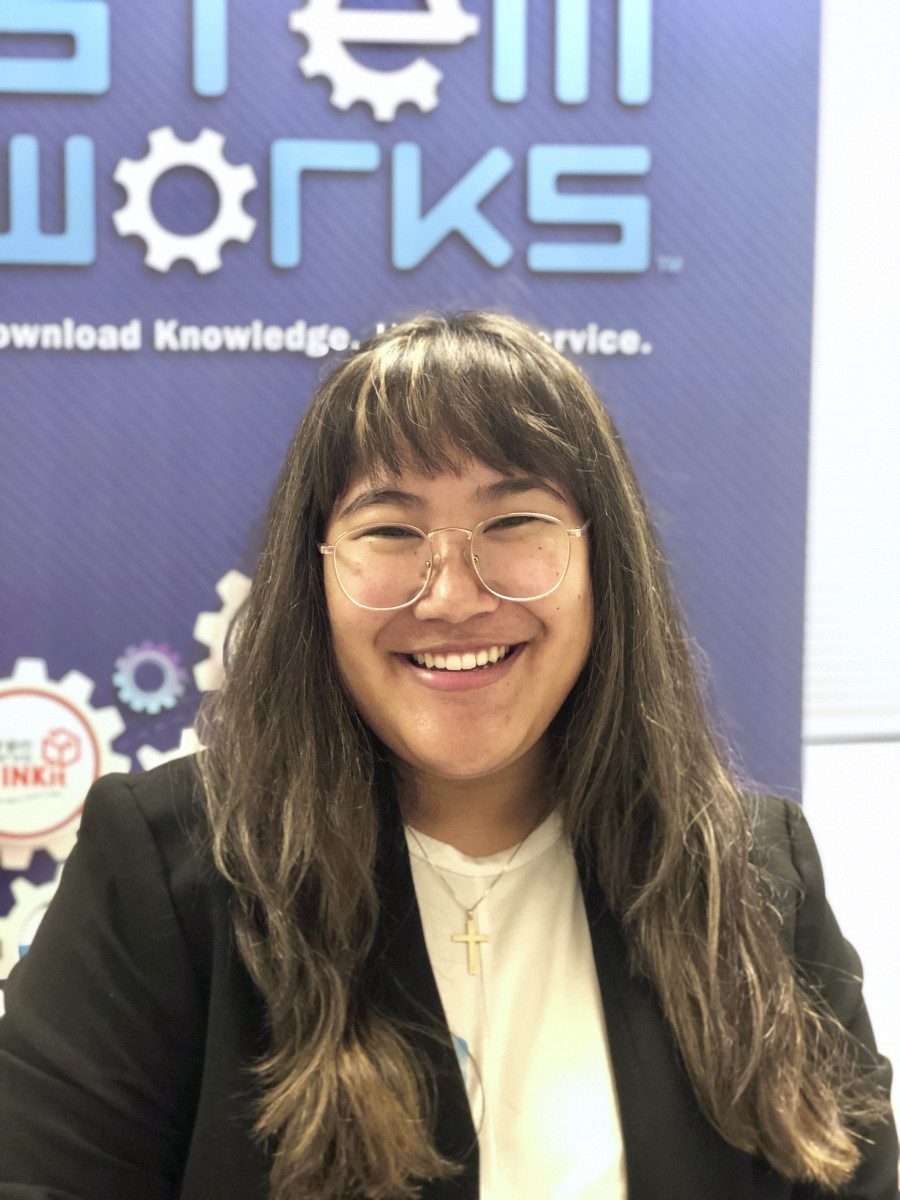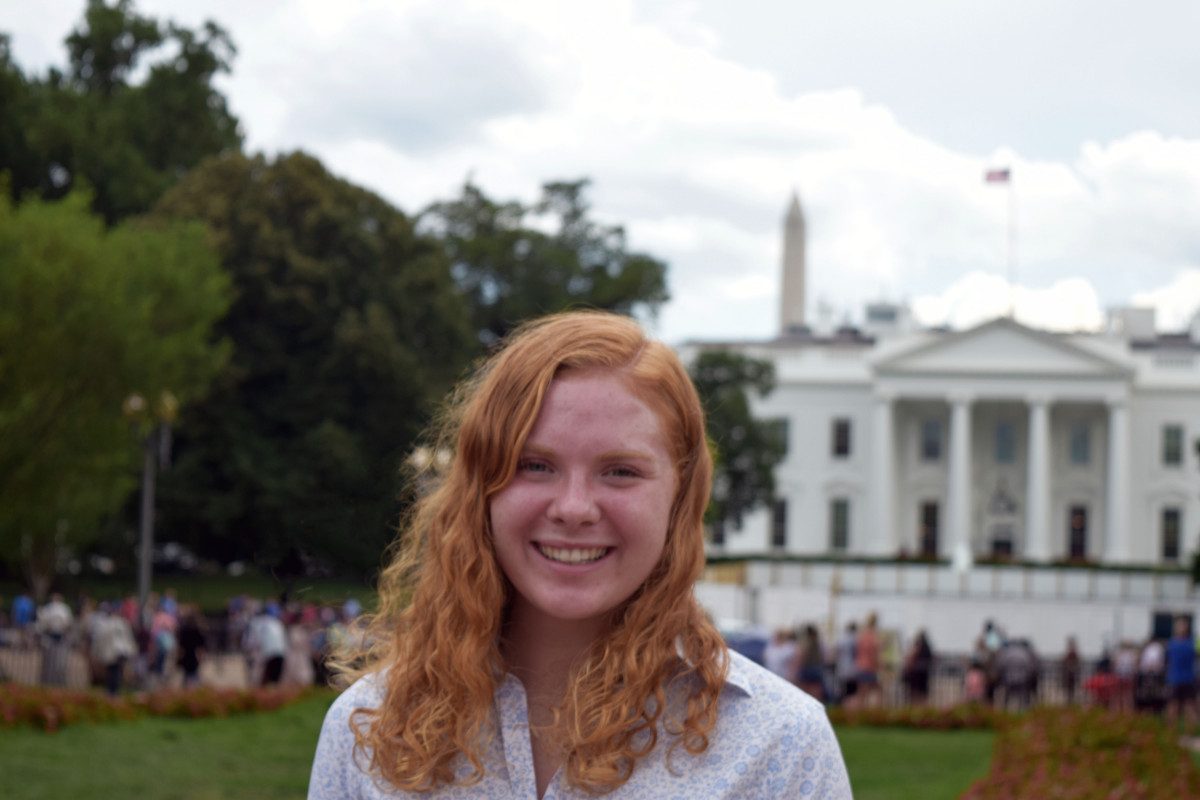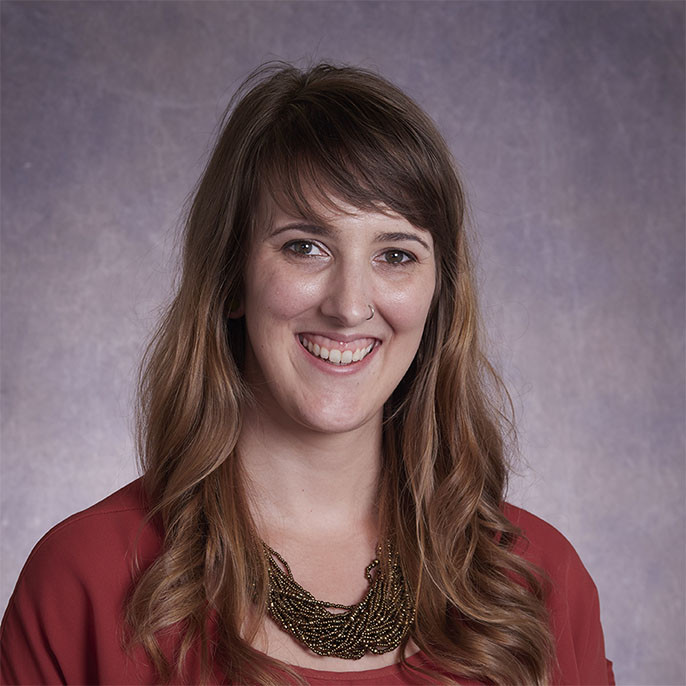As the end of the semester approaches, your student may be starting to feel the stress of final projects and exams. Read these tips from Megan Cohara in the UP Health & Counseling Center:
College students can easily feel anxious trying to find a balance between school, work, friends, and family while also trying to figure out the rest of their lives. These feelings of stress and anxiety can have a profound effect on overall student wellness. Some students have difficulty staying focused or motivated, can feel overwhelmed, or even contract the cold or flu due to decreased immune function.
What is self-care?
Taking care of one’s self isn’t always easy – especially when students are pushed to place a high priority on academics, work, and extracurricular activities. Self-care means to proactively take steps to care for one’s self through activities or practices that help reduce stress and enhance overall well-being. Self-care helps us stay healthy and provides the opportunity to recharge before burnout sets in.
As students gear up for the end of the fall semester, here are some reminders that you can share with your student on practicing self-care:
 Get Enough Sleep
Get Enough Sleep
- 7-9 hours of sleep each night is essential to overall health and can affect academic success. Sleep plays a role in many facets of our mental and physical health, including memory consolidation, learning, decision making, critical thinking, and muscle repair.
Unplug from Technology
- Encourage your student to take time each day, and especially while studying, to step away from the phone or computer.
Practice Proper Hygiene
- During times of high stress, students are more susceptible to cold and flu due to a weakened immune system. Students should be sure to wash their hands, shower regularly, and eat a variety of nutritious foods to help keep their bodies healthy.
 Make Time to See Friends and Family
Make Time to See Friends and Family
- Spending time with loved ones is a primary determinant of happiness. When they are focused on academics, some students feel like they are unable to set aside time for the people in their lives. Time spent with friends or family can help prevent burnout and give a student time to recharge.
Do Something that Makes You Happy
- Self-care can mean something different for everyone. Whether it is hiking, crafting, or reading a book, take some time to do something you enjoy!
Finding a Balance Between School and Life
Another area important to student well-being is maintaining a healthy school/life balance. Student burnout is very real, and not taking measures to balance time and obligations can cause unwanted stress and anxiety. Here are some tips you can share with your student on maintaining school/life balance:
 Manage Your Time
Manage Your Time
- Students can use planners, calendars, or apps to block time for studying, work, club obligations, and even breaks. Students can also use this strategy to include time for self-care every day.
- Make a to-do list and prioritize your work.
- Honestly asses the time you waste.
Aim to be a High Achiever
- Students can work for success without the anxiety of perfectionism by setting standards that are high but achievable, monitoring positive and negative thoughts, reacting positively to constructive criticism, and taking time to enjoy the process – not just the outcome.

Be Where You Are
- Being present is vital to taking in an experience. With the multiple demands that are expected of college students, it is important to stay focused on the immediate situation at hand, whether it is in class, at work, or with friends.
Don’t be Afraid to Say ‘No’
- Take the time to assess and prioritize what you really need. Saying ‘no’ to additional activities can be hard, but it is important to realize how much you can handle at once and to do those things well.
Have Fun
- The demands of school and work should be balanced with time spent doing things you enjoy like hiking, reading or watching movies. Time with friends, family, or on your own is important to feeling happy and refreshed.
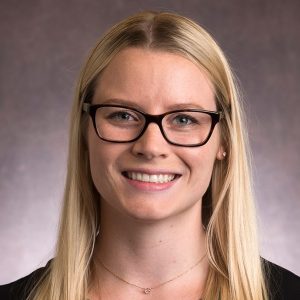
Megan Cohara works in the UP Health & Counseling Center to provide wellness programs and prevention education initiatives to students regarding the various dimensions of wellness, interpersonal violence, and bystander intervention. Megan’s goal is to help promote overall well-being and success in our community by working to create a healthy and safe environment for students here on The Bluff.

